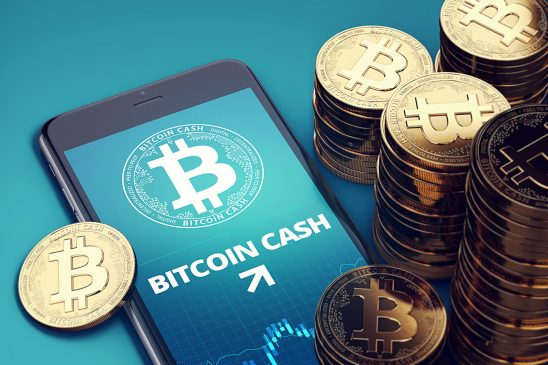The bear market in cryptocurrencies has punished investors who bought bitcoin at the height of cryptomania last year. But losses have been even more brutal for those who invested in once-promising rivals of bitcoin.
Consider Bitcoin Cash, an offshoot of bitcoin that launched on August 1, 2017, which moves independently of bitcoin itself. While bitcoin has fallen 68% from its record intraday high of $20,089 in December, Bitcoin Cash is down a crushing 88% from its peak of $4,355.62, according to CoinMarketCap.com. On Thursday, it traded at around $529.
Hundreds of other coins have also plummeted in value, but the underperformance of Bitcoin Cash is notable because it touches on a bigger theme: whether virtual currencies can really become a means of payment that would supplant traditional money.
Supporters of Bitcoin Cash conceived it as a way to fix problems that they believed were impeding bitcoin from becoming a mainstream payment tool, akin to PayPal or Visa.
Boosters—including Roger Ver, a prominent crypto investor often called Bitcoin Jesus—argued that the original bitcoin network had become too slow and that users were paying overly hefty fees for sending each other bitcoins. This faction contended that bitcoin’s clunkiness was causing people to treat it as a store of value, like gold, and not as a practical way to buy Big Macs or cappuccinos.
There is still a lively debate over whether bitcoin is any good as a medium of exchange. Many bitcoin holders view it as a hedge against the collapse of government-backed currencies, but don’t often use it to pay for things.
After waging an unsuccessful campaign to change bitcoin from within, the rebels broke off and created Bitcoin Cash, in a so-called fork that bitterly split the virtual-currency community. The underlying technology of the new cryptocurrency was almost identical to that of bitcoin, except for tweaks aimed at speeding up transactions and lowering fees.
One year later, some research suggests the breakaway coin hasn’t lived up to its promises. A study of activity by major cryptocurrency payment processors—which help businesses accept payments in crypto—found that just $3.8 million worth of payments were made in Bitcoin Cash in May. That is down from $10.5 million in March, according to Chainalysis, an analytics firm that carried out the study.
Backers of Bitcoin Cash note that payments in bitcoin are also down—if not quite as sharply—and that their preferred cryptocurrency is cheaper to use.
“Despite the decline in price, all the exciting innovation is happening in [Bitcoin Cash],” Mike Komaransky, an adviser to the Bitcoin Cash Association, a group that promotes the use of the cryptocurrency, said in an email. Mr. Ver, another adviser to the group, didn’t respond to a request for comment.
If You Liked This Article Click To Share




